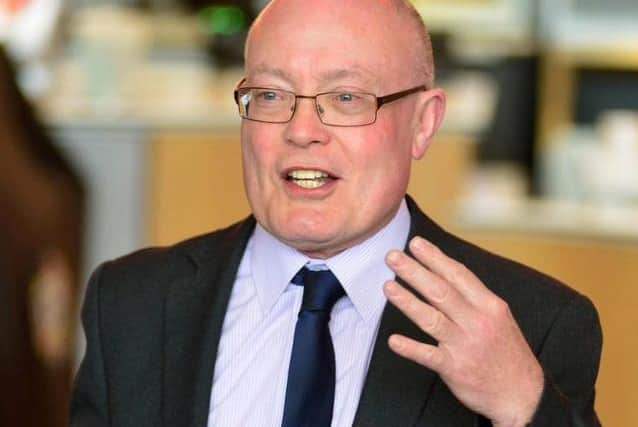Re-referrals to Wakefield children's services 'still too high'


Re-referrals occur when the local authority is advised to check on the wellbeing of a child within a year of their previous file being closed.
Latest figures for July suggest these cases make up around 34 per cent of all children who have been referred to Wakefield Council, compared to a nationwide average of 24 per cent.
Advertisement
Hide AdAdvertisement
Hide AdSpeaking at a scrutiny meeting on Wednesday, the council's service director for children's social care, Vicky Schofield, said "too many" children are being referred for a second or third time to the service.


No children have been left at risk as a result of their file being closed however, she added.
Significant progress has taken place at Wakefield's children's services since it was placed in special measures by Ofsted in 2018.
Council bosses are expecting Ofsted to fully re-inspect the department some time after April 2021 and are hopeful of an improved rating.
Advertisement
Hide AdAdvertisement
Hide AdAmong the improvements the service has made is a big reduction in the number of cases that individual social workers have on their plates, after Ofsted said staff were critically overworked two years ago.


But Labour councillor Kevin Swift said the issue of re-referrals needed to be addressed.
He told the meeting: "The kind of thing that jumps to my mind is, 'Are we closing cases too quickly?' Because that would tie in with our average caseload per worker dropping to quite a low level.
"If that is simply administrative tidiness then that's fine, but if we're closing cases prematurely in an overly enthusiastic attempt to keep the total number of cases down that's not a good thing."
Advertisement
Hide AdAdvertisement
Hide AdReferencing the gap between Wakefield's figures and the national average, he added: "There's got to be some explanation for that 10 percentage point disparity."
In response, Ms Schofield said that most of the re-referrals could not have been prevented, although a minority of cases could have been.
She said: "Over May and June we did a big piece of work, as the re-referral rate started to rise, to examine those cases over a two-month period.
"What that identified was three reasons. In one group, which was about a third, were those that we'd have got in any event, we couldn't have prevented them, they were entirely different reasons and not foreseeable."
Advertisement
Hide AdAdvertisement
Hide AdMs Schofield said that a second group of cases related to instances where an agency had given information or a referral to the council that "wasn't needed".
She added: "The third group, which accounted for just over 10 per cent of cases, was where we could have done something different.
"So those are cases where an additional piece of work or an intervention could have prevented that.
"There's a range of reasons within that 10 per cent around what the work could or should have looked at.
"What was clear however, is that none of those children were left at risk.
"It is something we are reviewing all the time."
Local Democracy Reporting Service